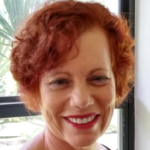 Risa Blair
Risa Blair
Purdue University Global
Dr. Blair is a passionate educator, global trainer, and instructional designer with extensive experience in business and higher education, including teaching and training on subjects including diversity and inclusion, sales, technology, project management, and curriculum development for face-to-face and online learning. She has exceptional skills in facilitating training for all audiences to include the international community customizing the delivery to meet the client's needs and exceed expectations. Her degrees (EdD in Instructional Technology and Distance Education, MS in Organizational Behavior, MS in Cybersecurity Management, and BA in Communication Arts) have provided her with a solid foundation for successful teaching and training. Some of the courses she has developed and taught include Cultural Diversity, Organizational Behavior, Learning Theory, Student Success, Critical Thinking, Software Applications, Web Development, and Assessment, Curriculum Development, Business, Education, and Instructional Design. She also has experience working in corporate training at several companies and in developing training for federal agencies. Regardless of the education or training ecosystem, Dr. Blair is an adamant supporter of combining real-world learning with technology to foster student collaboration and reinforce memorable learning experiences. She routinely conducts research and has presented at numerous conferences.
 Tina Serafini
Tina Serafini
Post University
Originally from Pennsylvania, I have been an on-ground and virtual instructor at other Universities since 2003. I hold a Bachelor of Science from Indiana University of Pennsylvania, where I studied Information Systems Management. I also hold a Master of Science in Information Systems & Communications and a Doctor of Science in Communications & Information Systems from Robert Morris University in Pennsylvania. I have studied both in-person and online course content, and I am a lifelong learner!
During my career, I have worked in various management roles in curriculum development, higher education, sales & marketing, and corporate facilitation; my passion is engaging learners and developing successful customer-focused teams to work virtually and exceed the company goals! In academic research, I focus on student engagement, best practices, leveraging technology, and curriculum design.
I enjoy all types of travel, cooking, studying foreign languages (currently, I am studying Italian!), reading daily (on various topics), and completing community service projects in my spare time. However, I remember the challenges of balancing work, home, and school life to earn my degrees! It’s all about the journey!
 Matthew Schigur
Matthew Schigur
Matthew Schigur has 22 years of experience in higher education holding positions in academics and in academic administration. Some of the positions he has held are Associate Professor, Assistant Professor, Visiting Professor, adjunct instructor, Chair, Faculty Chair – School of Business, Academic Affairs Specialists, Interim Campus Director, Associate Dean – College of Business, Management, and Economics, and most recently Director of the College of Business, Management, and Economics. Matthew is completing his Doctorate in Business Administration at the University of Wisconsin Whitewater which is an AACSB accredited school and program. Matthew also holds master’s degrees in Business Administration, Project Management, and Information Systems Management from Keller Graduate School of Management- Wisconsin. Additionally, he is a certified Project Management Professional, a certified academic coach, and an advanced tutor from the National Tutoring Association. Matthew also has over 35 years of experience in consulting and entrepreneurship in business development, strategic management, information technology, business analytics, project management for both for-profit and non-profit clients.
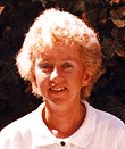 Mary Dereshiwsky
Mary Dereshiwsky
 Cody Lestellele
Cody Lestellele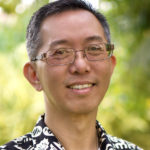 Peter Leong
Peter Leong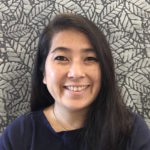 Celeste Endo
Celeste Endo Manu Mei-Singh
Manu Mei-Singh Risa Blair
Risa Blair Tina Serafini
Tina Serafini Matthew Schigur
Matthew Schigur Hajeen Choi
Hajeen Choi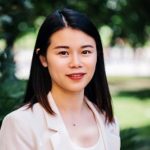 Dan He
Dan He Ömer Arslan
Ömer Arslan Vanessa Dennen
Vanessa Dennen Faye Furutomo
Faye Furutomo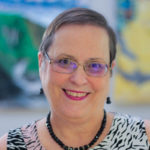 Christine Sorensen Irvine
Christine Sorensen Irvine Tracy Crawford
Tracy Crawford Lauren Critchley
Lauren Critchley Daniel Hoffman
Daniel Hoffman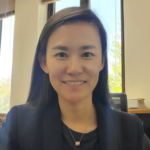 Seungoh Paek
Seungoh Paek Ji Yae Bong
Ji Yae Bong Quiana Bradshaw
Quiana Bradshaw